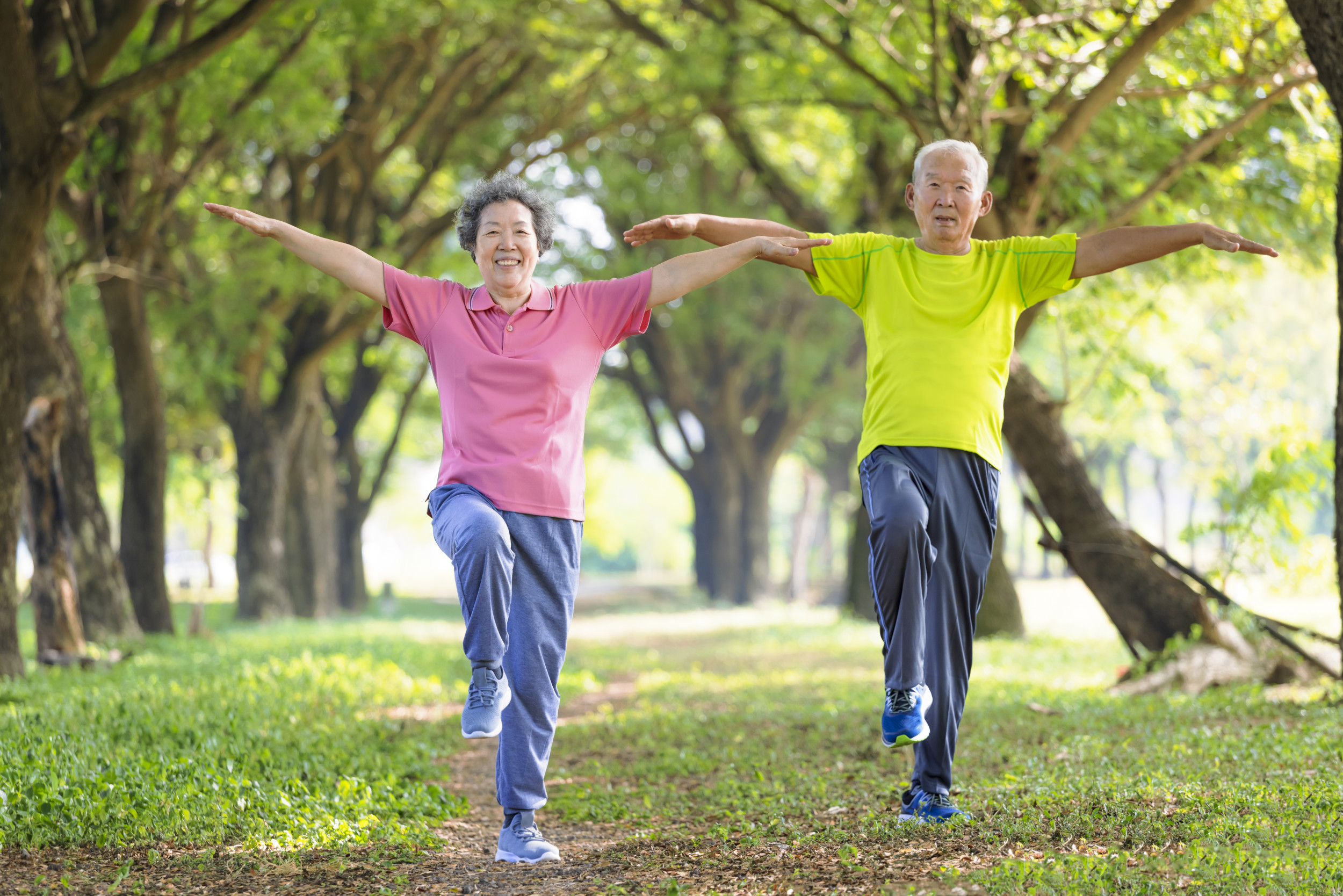- Total News Sources
- 2
- Left
- 1
- Center
- 1
- Right
- 0
- Unrated
- 0
- Last Updated
- 467 days ago
- Bias Distribution
- 50% Center


Home Test Reveals True Age Through Balance
A recent study published in PLOS ONE indicates that the duration a person can balance on one leg is a more reliable indicator of aging than traditional measures like grip and knee strength. Researchers assessed 40 participants over the age of 50, finding that while grip and knee strength decline with age, balance, particularly on the non-dominant leg, deteriorates significantly, highlighting the risk of falls among older adults. The study revealed that balance time decreases notably after age 65, with younger individuals capable of standing for nearly 10 seconds compared to older participants, who often struggled to exceed two seconds. These findings underscore the importance of maintaining balance as a critical aspect of health and independence in older age. The researchers emphasize that balance testing can help identify frailty and fall risk, which are major health concerns for the elderly. This research contributes to understanding sarcopenia, the loss of muscle mass and strength associated with aging.


- Total News Sources
- 2
- Left
- 1
- Center
- 1
- Right
- 0
- Unrated
- 0
- Last Updated
- 467 days ago
- Bias Distribution
- 50% Center
Stay in the know
Get the latest news, exclusive insights, and curated content delivered straight to your inbox.

Gift Subscriptions
The perfect gift for understanding
news from all angles.
